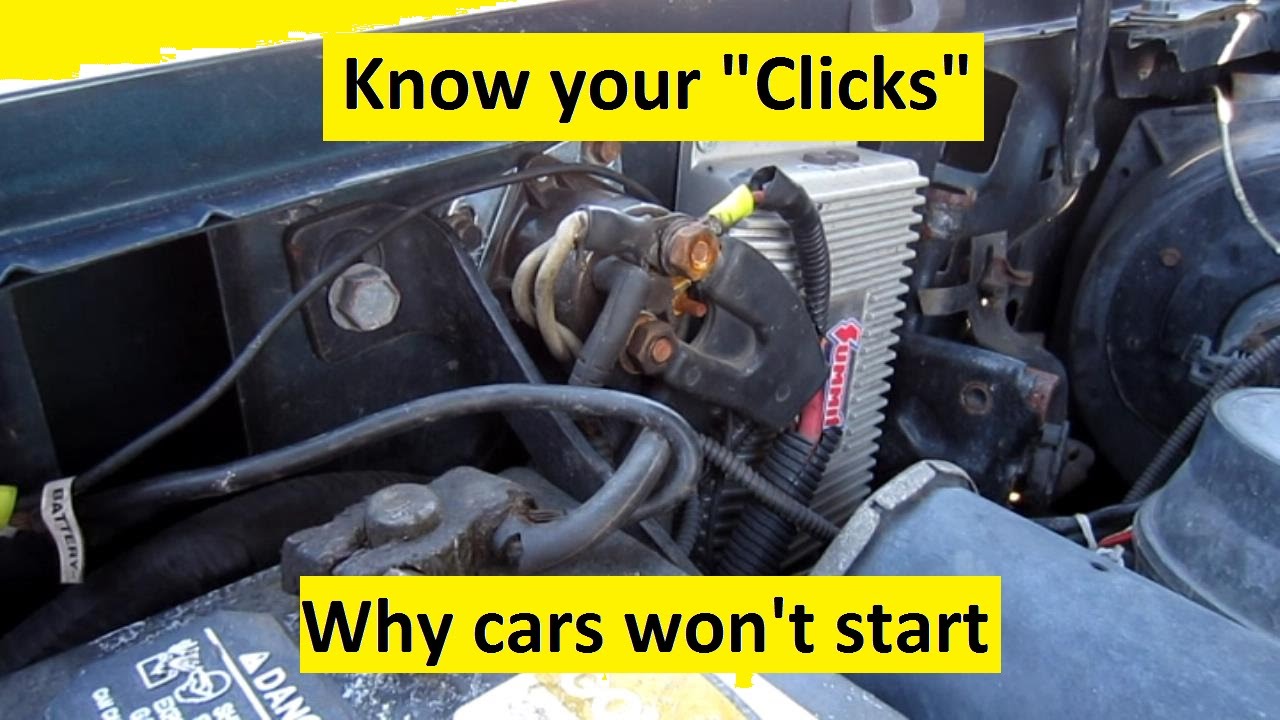Have you ever experienced that heart-sinking moment when you turn the key in your car ignition, only to be met with a series of rapid clicks? It’s a sound that can send shivers down the spine of any driver. This complete guide will help you understand the causes, solutions, and preventive measures for this common car trouble.
Understanding the Problem
When you hear rapid clicking upon attempting to start your vehicle, it usually indicates a problem with the electrical system. But what exactly causes this unsettling noise? Let’s delve deeper.
Common Causes of Rapid Clicking
- Weak Battery: The most common reason for rapid clicking is a weak or dead battery. The battery may not have enough power to start the engine, resulting in a clicking sound.
- Corroded Battery Terminals: If the terminals connecting the battery are corroded, it can prevent sufficient power from reaching the starter.
- Faulty Starter Motor: The starter motor itself may be failing. If it cannot engage properly, you’ll hear a rapid clicking noise.
- Bad Connection: Loose or damaged wiring can disrupt the electrical flow needed to start the engine.
- Alternator Issues: If the alternator isn’t charging the battery properly, it could lead to insufficient power during startup.
Diagnosing the Issue
Before you rush to the mechanic, let’s figure out how to diagnose the problem yourself. Here’s a step-by-step process:
- Listen Carefully: Note the sound of the clicks. Is it consistent or sporadic?
- Check the Battery: Look for any signs of corrosion on the terminals. Clean them if necessary.
- Test the Battery: Use a multimeter to check the voltage. A healthy battery should read around 12.6 volts.
- Inspect the Starter: Locate the starter and check for any visible issues or loose connections.
- Examine the Wiring: Check for any frayed wires or loose connections that may disrupt power flow.
Solutions to the Problem
Now that you’ve identified potential causes, let’s explore some solutions:
1. Jump-Start the Battery
If you suspect a weak battery, try jump-starting your vehicle. If the engine starts, you likely have a battery issue that needs addressing.
2. Clean Battery Terminals
For corroded terminals, use a mixture of baking soda and water to clean them. Ensure a snug connection afterward.
3. Replace the Battery
If the battery is old or fails a test, it’s best to replace it. Always choose a battery compatible with your vehicle.
4. Repair or Replace the Starter Motor
If the starter motor is the culprit, it may require repair or replacement. Consult a mechanic for a thorough check.
5. Tighten Loose Connections
Ensure all connections related to the battery and starter are tight and secure. A simple adjustment may solve the problem.
Preventive Measures
Once you’ve resolved the issue, consider preventive measures to avoid future occurrences:
- Regular Battery Checks: Periodically test your battery’s voltage and replace it as needed.
- Keep Terminals Clean: Regularly clean the battery terminals to prevent corrosion.
- Routine Maintenance: Schedule regular check-ups for your vehicle, including the electrical system.
- Invest in a Battery Charger: Having a battery charger can be a lifesaver in case of emergencies.
Experiencing rapid clicking when trying to start your car can be concerning, but with a bit of knowledge and preventative care, you can navigate this issue effectively. Always remember that a little maintenance goes a long way in keeping your vehicle running smoothly. Drive safely!

